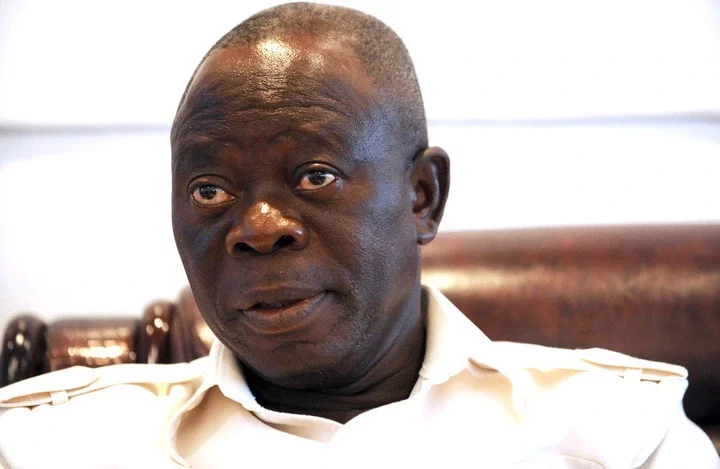
Adams Oshiomhole, the former governor of Edo State, has openly expressed regret over supporting Godwin Obaseki as his successor in the 2016 gubernatorial election. In a candid interview with Independent TV, Oshiomhole admitted that endorsing Obaseki was a mistake; despite initially believing he was the right person to continue his administration's policies.
Oshiomhole explained that Obaseki's eight years in his government led him to trust his abilities, but the reality turned out differently. He likened his situation to a driver entrusting his apprentice with the steering wheel, only to discover the apprentice lacked the necessary competence to lead.
Oshiomhole publicly apologized for his role in Obaseki's rise to power, stating that his endorsement was based on trust and past working relationships. However, governance proved to be a different challenge altogether. Despite their political fallout, Obaseki secured a second term, defeating Oshiomhole's party, the All Progressives Congress (APC).
Oshiomhole denied allegations of attempting to manipulate election results, emphasizing his belief in free and fair elections. He criticized Obaseki's leadership style, accusing him of relying on ethnic sentiments and divisive tactics to retain power.
The former governor's admission has reignited conversations about Edo State's political history and the dynamics that led to the fallout between him and Obaseki. Many believe that the rift between the two played a significant role in shaping Edo's political landscape, particularly in the last two election cycles.
As Edo State moves forward, analysts are watching closely to see how these past events will influence future elections and whether Oshiomhole's influence will continue to shape the state's political direction.

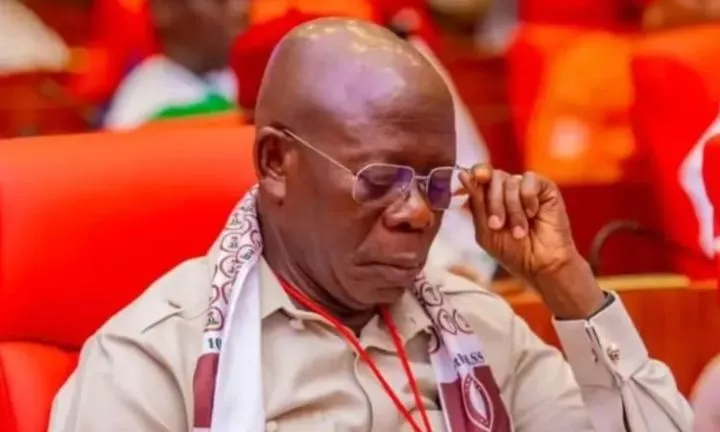
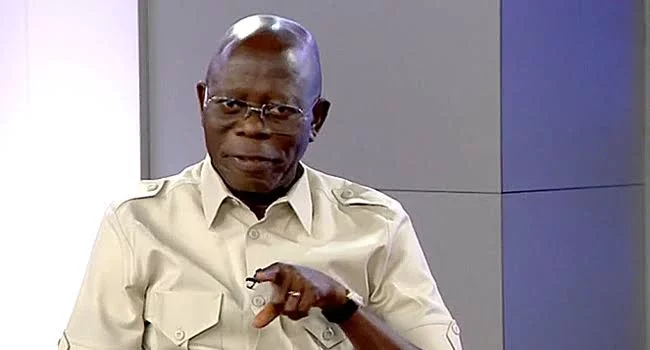
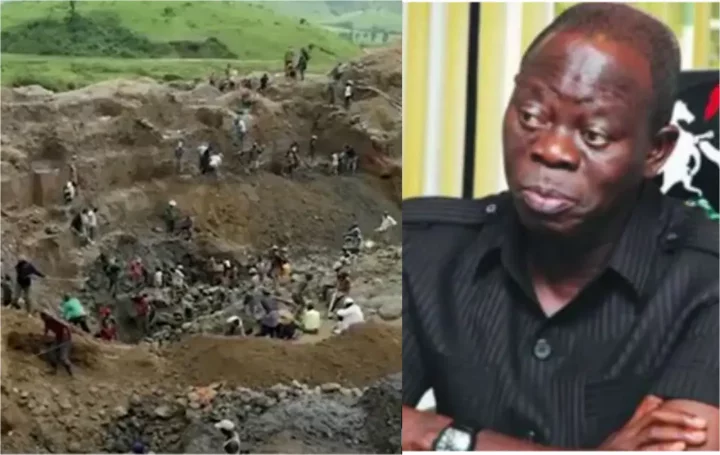
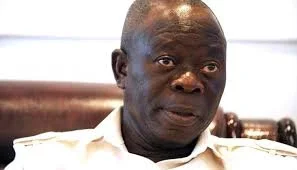
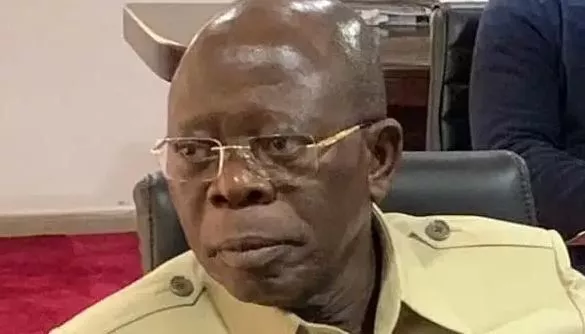
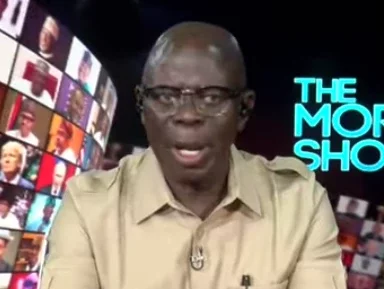

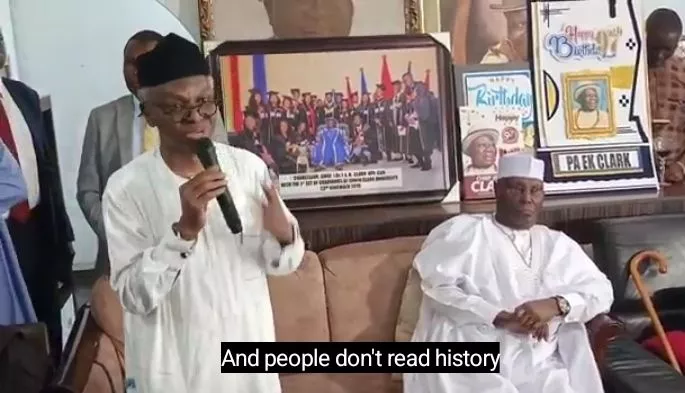

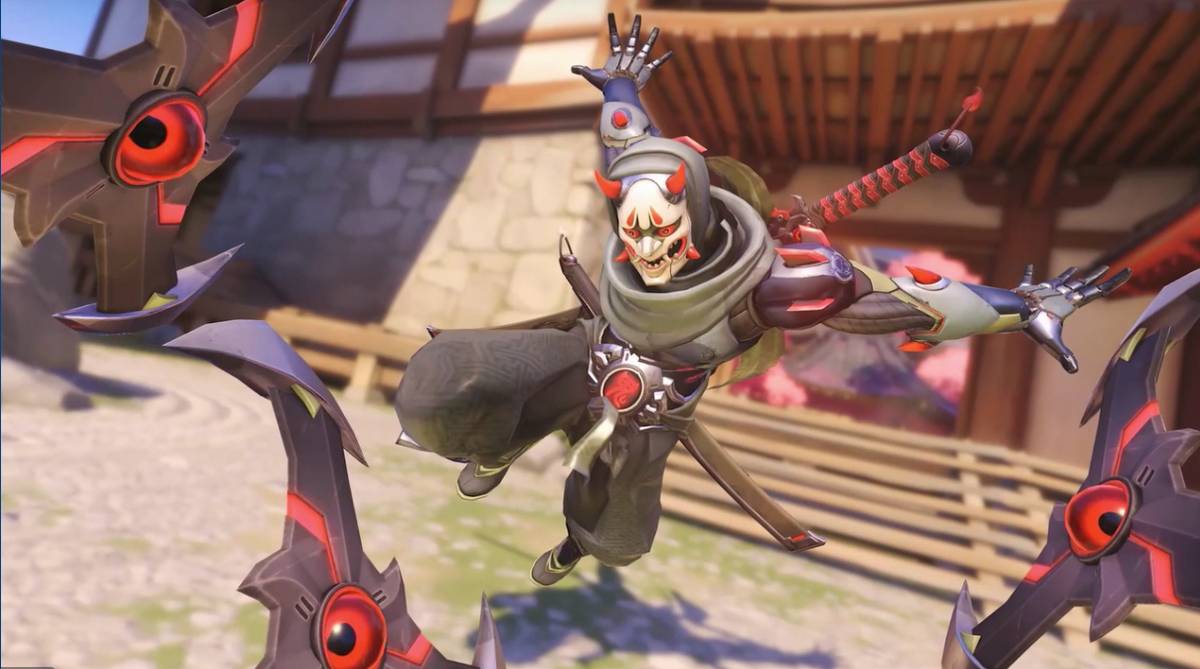






Comments